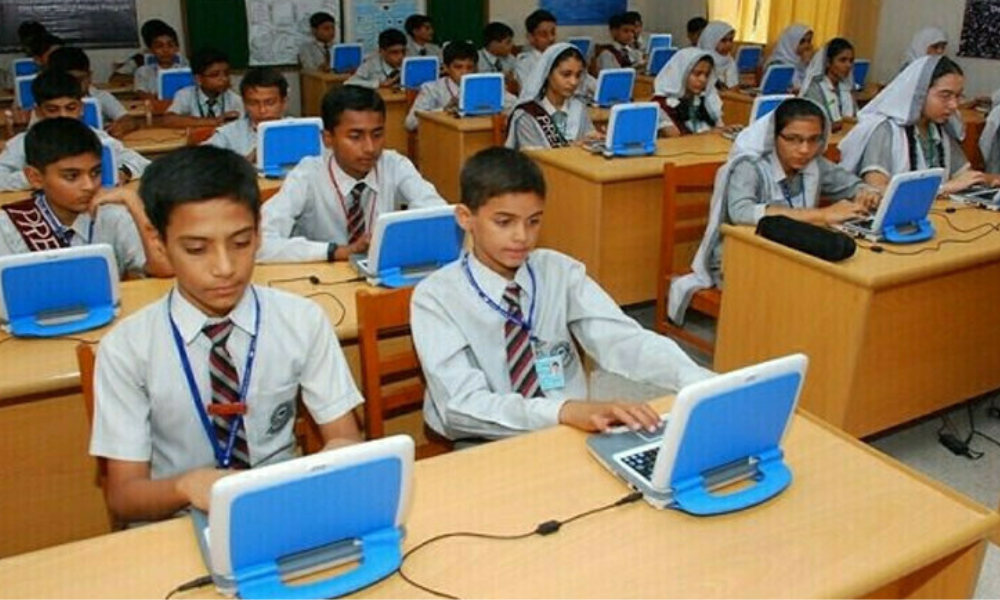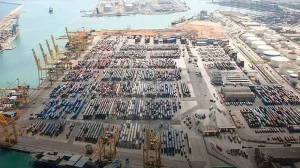Islamabad, Mar 18, 2025: Sindh Chief Minister Syed Murad Ali Shah has announced a major step toward modernizing education in the province by digitizing all schools under the Education Department.
This initiative aims to improve transparency, enhance efficiency, and ensure better monitoring of student and teacher attendance.
In a recent meeting on school education, CM Murad Ali Shah emphasized the integration of facial recognition technology to track attendance digitally.
This move will minimize absenteeism and improve overall school management.
Financial Autonomy for Schools
Sindh Education Minister Syed Sardar Shah revealed that the school administration will receive full autonomy over their financial and operational matters.
To support this, the government will directly provide funding to school headmasters, enabling them to improve facilities and address local needs without delays.
Although, Each school will have its own budget, allowing administrators to make independent financial decisions, leading to better resource management. 
Read More:
No School Till Eid Ends! Govt Announces Holidays
However, Sindh currently has 36,300 primary schools and 2,600 elementary schools, and the government is focusing on bridging the gap between primary and secondary education to ensure a smooth transition for students.
Pakistan’s Education Crisis: Over 26 Million Children Out of School
Despite these advancements, the education sector in Pakistan faces a severe crisis.
A recent report submitted to the National Assembly highlighted that over 26.2 million children are out of school across the country. The data shows:
- 17 million children (ages 5-9) are not enrolled in primary school.
- 4.9 million children (ages 10-12) are missing out on middle school education.
- 2.1 million boys and 2.8 million girls have no access to middle school education.
- 4.5 million students are deprived of high school education.
- 5.9 million students lack higher secondary education opportunities.
The staggering number of out-of-school children calls for urgent educational reforms to ensure quality learning opportunities for all.
However, The Sindh government is taking a step in the right direction by digitally transforming schools, but the broader crisis requires a nationwide effort.
Furthermore, By digitizing schools and empowering administrators, Sindh is making significant strides toward modern education.
However, addressing the educational gap remains a national challenge that requires collective efforts from the government, educators, and policymakers.









